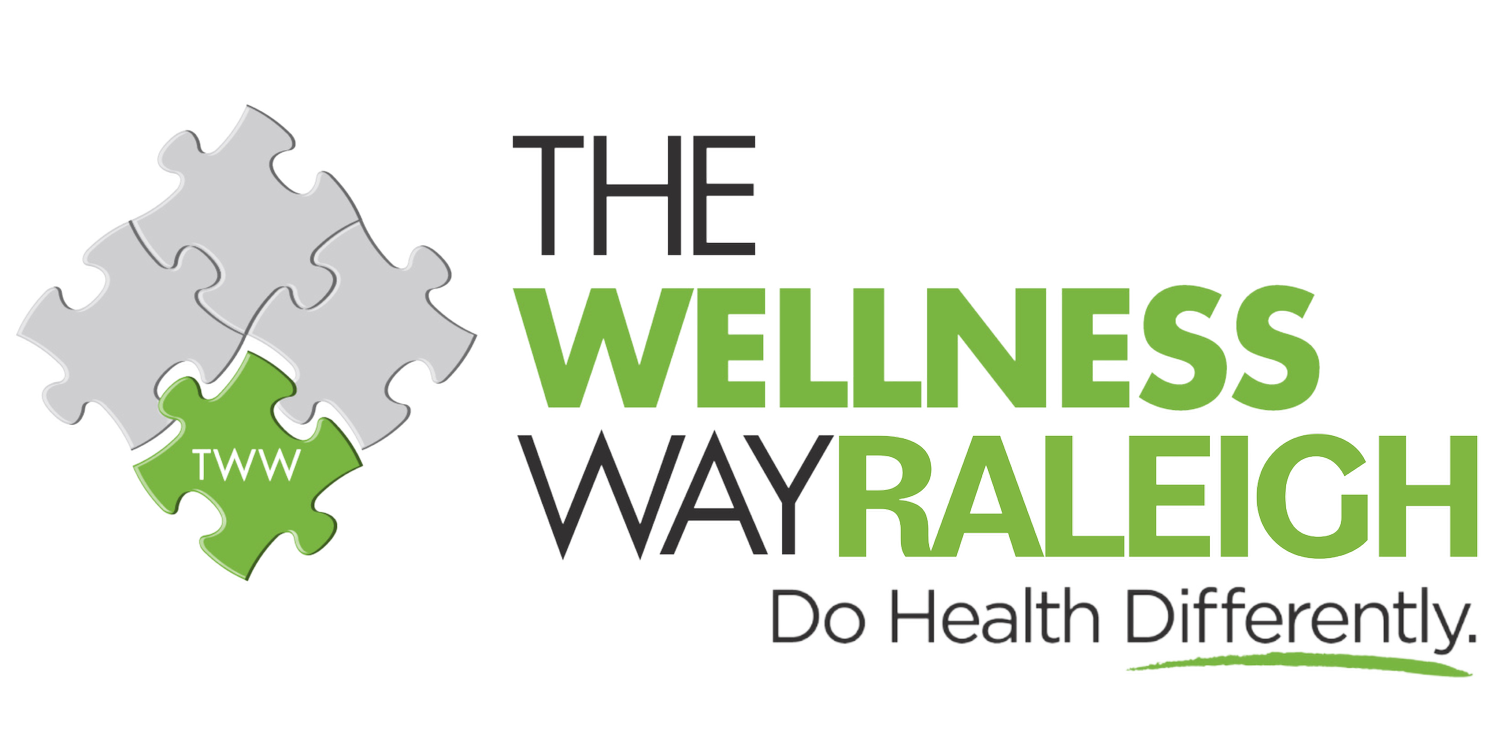The Differences Between Beef Protein and Collagen
As the nutrition landscape evolves, beef protein powders have surged in popularity, following the earlier trend of collagen supplements. While both come from beef, they serve different purposes in our diets. In this post, we'll explore the distinctions between beef protein isolate and collagen, their health benefits, and why you might choose one over the other.
What is Collagen Powder?
Collagen powder is a supplement derived from collagen, a crucial protein found in our connective tissues, including skin, bones, tendons, and cartilage. This protein accounts for over 30% of the total protein content in the human body. Unfortunately, collagen production decreases with age, prompting many to turn to collagen supplements. Sourced from animals such as cows, pigs, chickens, and fish, collagen supplements undergo hydrolysis, breaking down the protein into smaller peptides for improved digestibility.
Collagen comes in three primary types:
Type I: Found in skin, bones, and tendons, it's the most abundant and supports skin health, hair, and nails.
Type II: Located in cartilage, this type is often taken for joint health and to alleviate pain associated with conditions like osteoarthritis.
Type III: Found in skin, muscles, and blood vessels, it works alongside Type I to promote skin hydration and elasticity.
However, it's essential to note that collagen is not a complete protein source, lacking several essential amino acids that our bodies cannot produce on their own.
What is Beef Protein Powder?
Beef protein powder, also known as beef protein isolate, is derived from muscle meat. This powder undergoes processing to separate protein from fats and non-protein components. The meat is hydrolyzed to enhance digestibility and absorption, then filtered to isolate the protein before being dried into a powder form.
Collagen vs. Beef Protein: Key Differences
While both types of protein can originate from beef, they serve different nutritional functions:
Amino Acid Profile:
Collagen is rich in specific amino acids, particularly glycine and proline, but lacks essential amino acids like tryptophan.
Beef protein, in contrast, provides all essential amino acids in significant quantities, including branched-chain amino acids (BCAAs) vital for muscle growth and recovery.
Protein Structure:
Collagen consists of long, fibrous structures that provide flexibility and support in connective tissues.
Beef protein contains globular proteins, like myoglobin and actin, which are crucial for muscle contraction and energy metabolism.
Health Benefits:
Collagen is primarily celebrated for enhancing skin elasticity, supporting gut health, and promoting joint integrity.
Beef protein is essential for muscle building, recovery post-exercise, and overall metabolic health. Its high bioavailability offers additional benefits, including improved bone density and enhanced immune function.
Understanding Your Protein Options
While whey protein remains a popular choice due to its high BCAA content, research has shown that beef protein offers comparable benefits in building muscle mass and improving body composition. For instance, a study involving master triathletes found that beef protein significantly reduced body mass while preserving muscle mass, outperforming whey protein in this regard.
The Importance of Quality
When selecting a beef protein isolate, prioritize high-quality, grass-fed options to ensure you’re getting a pure product. Avoid lower-quality sources that might include undesirable parts of the animal, like hooves or skin.
Embrace a High-Protein Lifestyle
Adopting a high-protein diet can have lasting benefits, particularly as we age. Protein is essential for collagen production and maintaining lean muscle mass, which is critical for overall health. If you're considering increasing your protein intake, opt for a high-quality beef protein isolate powder for a complete source of nutrition that supports your wellness goals. And don’t forget—pairing it with collagen can provide additional health benefits!
By understanding the differences between collagen and beef protein, you can make informed choices that align with your dietary needs and lifestyle. Embrace the power of protein for a healthier you!

